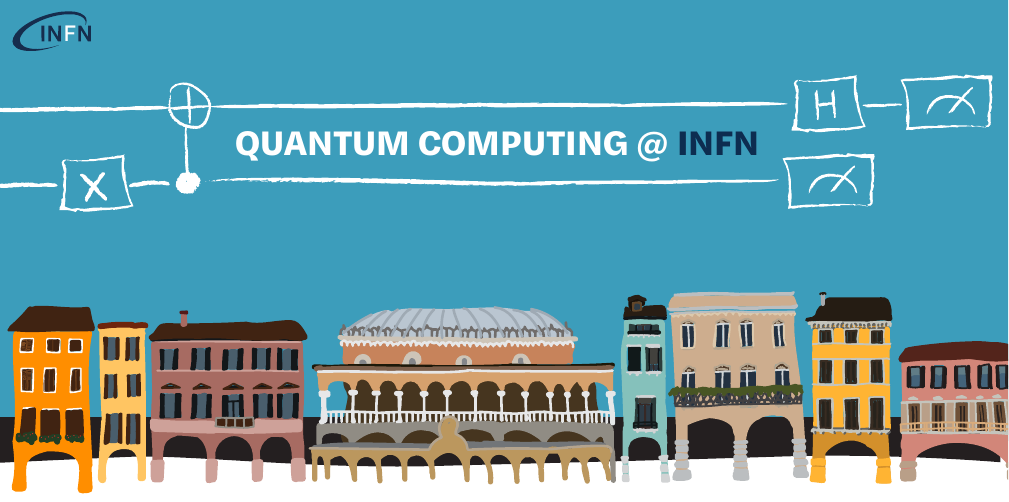Speaker
Description
Variational quantum computing provides a versatile computational approach, applicable to a wide range of fields such as quantum chemistry, machine learning, and optimization problems. However, scaling up the optimization of quantum circuits encounters a significant hurdle due to the exponential concentration of the loss function, often dubbed the barren plateau (BP) phenomenon.
Although rigorous results exist on the extent of barren plateaus in unitary or in noisy circuits, little is known about the interaction between these two effects, mainly because the loss concentration in noisy parameterized quantum circuits (PQCs) cannot be adequately described using the standard Lie algebraic formalism used in the unitary case.
In this work, we introduce a new analytical formulation based on non-negative matrix theory that enables precise calculation of the variance in deep PQCs, which allows investigating the complex and rich interplay between unitary dynamics and noise. In particular, we show the emergence of a noise-induced absorption mechanism, a phenomenon that cannot arise in the purely reversible context of unitary quantum computing.
Despite the challenges, general lower bounds on the variance of deep PQCs can still be established by appropriately slowing down speed of convergence to the deep circuit limit, effectively mimicking the behaviour of shallow circuits. Our framework applies to both unitary and non-unitary dynamics, allowing us to establish a deeper connection between the noise resilience of PQCs and the potential to enhance their expressive power through smart initialization strategies. Theoretical developments are supported by numerical examples and related applications.
| Sessione | Quantum Machine Learning |
|---|

